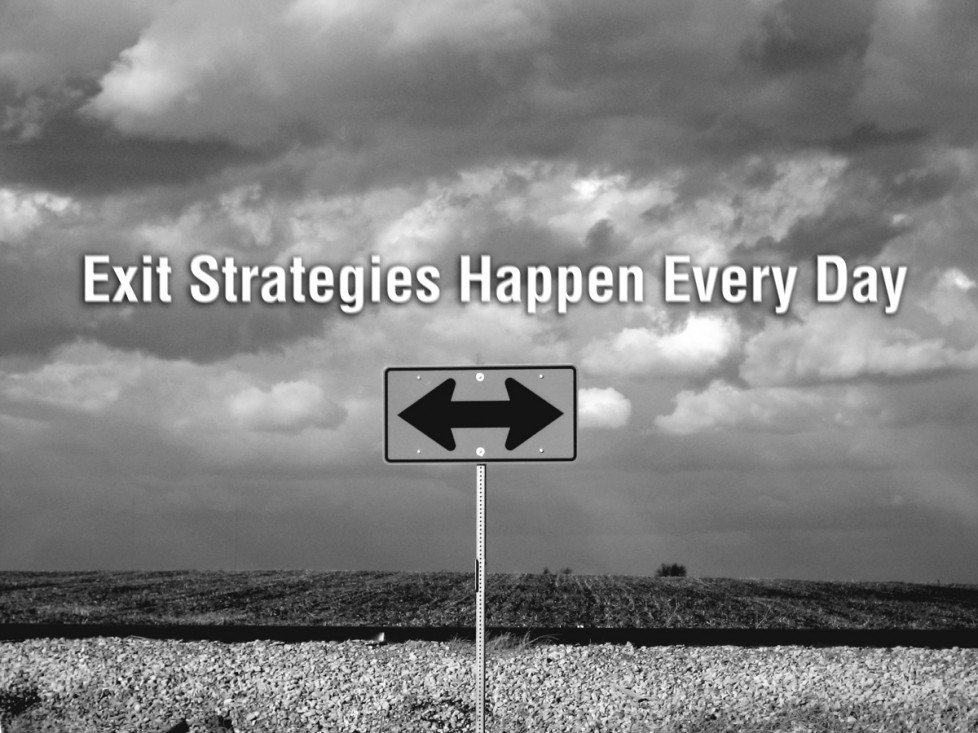You are viewing our site as a Broker, Switch Your View:
Agent | Broker Reset Filters to Default Back to ListArriving at the Fork in the Road
November 03 2014
Guest contributor Jose Perez of PCMS Consulting says:

- Our industry continues to change and evolve; some will make it, some won't.
- Brokerages are finally making money again; some are reinvesting, some are not.
- We could easily see another recession in coming years; some will be ready, some won't.
Many brokerages have arrived at a fork in the road. Real estate brokers should be asking themselves the following questions:
- Am I proactive? You should be focused on building a competitive brokerage now and over the next five to ten years.
- Am I profitable? Your financial strategies need to give you sufficient capital to make the necessary investments to support question 1.
- Am I willing and able? Consider if it is time for you to hang it up, or if you should be consolidating market share through acquisition.
Currently we are advising a large brokerage who, as recently as a few months ago, was entertaining buy-out offers. Not receiving the value they believed justified their sale, they have switched positions and now are aggressively pursuing an acquisition strategy with our help.
Their answers to the first two questions influenced the outcome to question 3. They decided it was the right strategy to consolidate market share through acquisition of a company that might not be in the same position.
Over the years, we have represented numerous real estate brokers who chose to ride out the storm but did not make the necessary investments to their businesses once things improved. They have a hard time getting the value that they need out of their businesses. They get stuck in a cycle of riding out another storm, not making the necessary investments, then starting the cycle all over again in a few years. Before you know it, they owners are in their 70s and still working!
Many real estate brokers in our industry operate that way. I'm not saying there is anything wrong working into your 70s. But I want my clients work until then because they want to, not because they have to.
My point is, in the M&A business you're either a seller or a buyer--you can't be both.
Sellers need to make the investments in their business that will make them profitable. These investments also give future buyers the comfort of knowing they are acquiring a business with a lot of potential. Furthermore, the better the investments were made in that business, the higher multiple they might be worth.
Buyers also need to make the same investments so that they can extract the value and additional synergies from the companies they buy. One day they, too, might be sellers, so better investments and smarter acquisitions will produce more earnings. Thus inflating the value of the business over time so that when they are ready, the value is there.
As a small business owner myself, I am constantly evaluating how I invest in my business today so that no matter how long I want to work, it will be because I want to, not because I have to.
I have often said that an exit strategy, regardless of when you want to exit, happens every day--and years before someone decides to sell.
- Buying other companies is an exit strategy
- Investing in your company is an exit strategy
- Find who the next generation of leadership is in your company is an exit strategy
Taking action after reading this is an exit strategy!
To view the original article, visit the PCMS Consulting blog.









